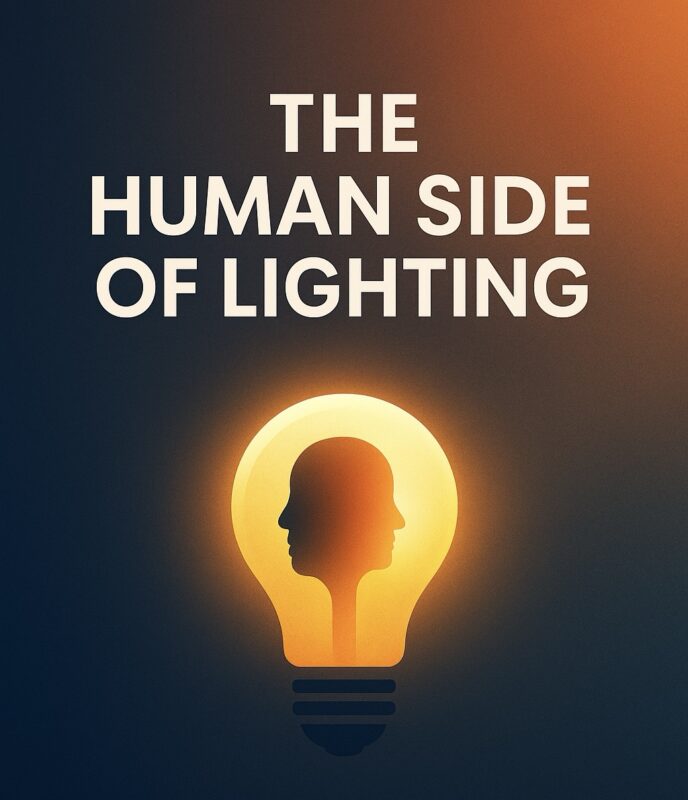When you walk into a room, before you notice the furniture, the art, or even the people — you feel the light.
It tells your body whether to wake up or wind down.
It shapes your emotions before you even realize it.
Light is the first designer we experience — and the most powerful one we often forget.
The Forgotten Sense:
We talk about how colors influence mood or how architecture defines space.
But lighting defines how we experience that color, that architecture, that emotion.
A badly lit home feels smaller. A softly lit restaurant feels intimate.
Hospitals can either heal or exhaust — depending on how they are lit.
Light doesn’t just illuminate; it communicates.
The Biology of Emotion:
Science tells us that light regulates our circadian rhythm — our body’s internal clock.
But it also regulates something deeper — our emotional rhythm.
Cool white light energizes; warm amber light relaxes.
We are, in many ways, photosensitive beings — designed to live in harmony with the rising and setting sun.
Yet in cities, we live under a constant noon — screens, LEDs, and glass facades — tricking our biology into endless wakefulness.
The Designer’s Responsibility:
As lighting designers, architects, or even homeowners, we’re not just placing fixtures —
We’re shaping human experience.
Every lumen has a purpose.
Every shadow tells a story.
When you understand that, light stops being a product and becomes a feeling.
The Story of Connection:
Think about the candlelit dinner — two people leaning closer, voices softer, eyes warmer.
Now imagine the same dinner under a bright tube light.
Same people. Same food.
Different light — different emotion.
Lighting is intimacy, empathy, memory, and mood — all wrapped in photons.
Technology with Soul:
Today, we have AI-based lighting systems, human-centric LEDs, smart tunable whites —
but the question is: are we using them to connect better or just to control better?
Technology should amplify emotion, not replace it.
The future of lighting must be intelligent, yes — but also intuitive.
It should sense not just presence, but purpose.




